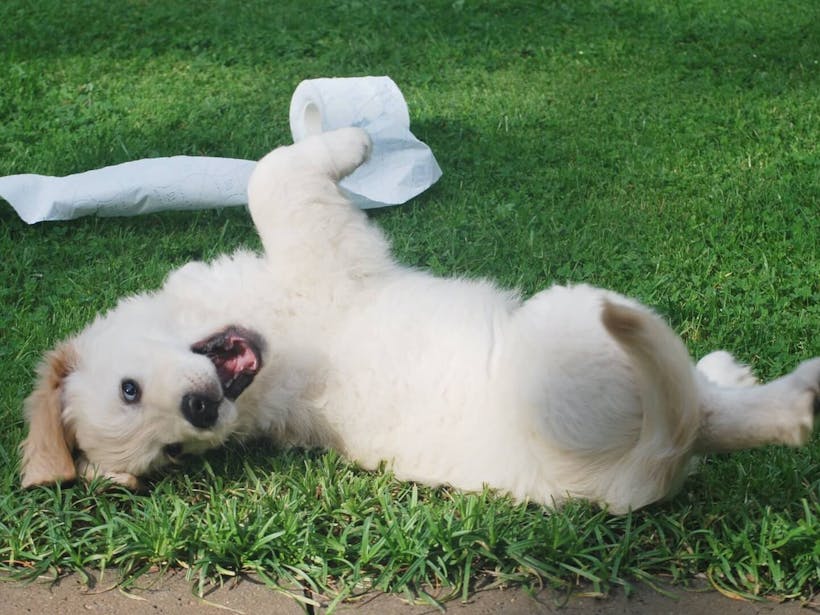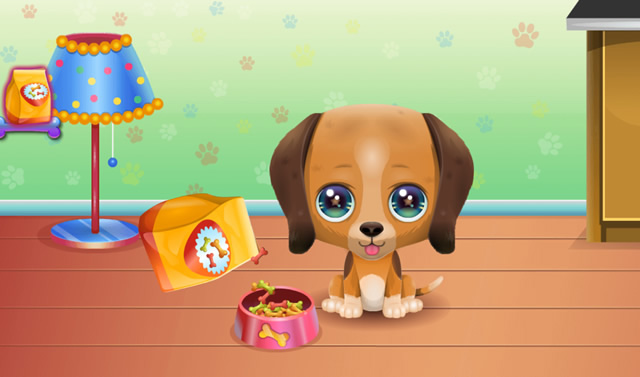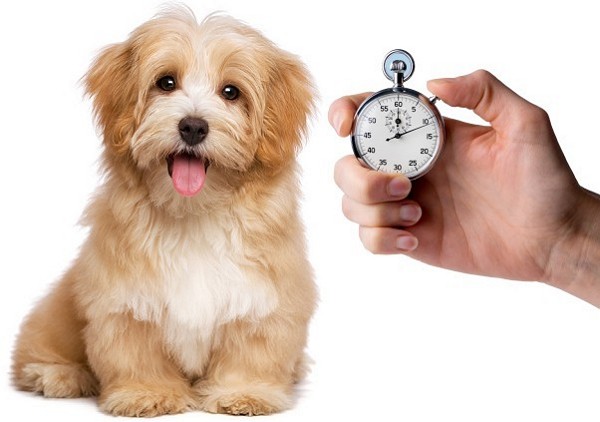Not known Details About Training - Pals for Pups

Not known Details About How to Start Training Your Puppy - PetMD
We are no longer supporting IE (Internet Explorer) as we aim to provide site experiences for browsers that support new web requirements and security practices. We suggest our users to upgrade the web browser.
Q: A: Pet moms and dads wondering when to start puppy training must comprehend that pups a minimum of 8 weeks old are capable of learning immediately, so the very best time to start is now! Puppies as young as eight weeks old can start working on excellent habits training right away, like welcoming individuals without jumping up and basic manners like "sit" and "come." Q: A: When thinking about if young puppy training classes deserve it, think of how practical it would be to have a professional in your corner as you browse pet being a parent.
Q: A: Animal parents questioning if pup training pads work ought to think about where they eventually desire their puppy to potty. Many people want their young puppy to go outside, so using a training pad can add an extra unneeded action to the procedure. Animal moms and dads who can't reach the outdoors quickly, like those who reside in a high increase or have mobility issues, may need potty pads, however they're not an essential part of every new pup's shopping list.

You can attain the very same outcome by training your puppy to go to the same areas where they've pottied before. And remember, rewarding your young puppy with a little reward after they complete going will assist motivate them to continue pottying in the appropriate place.
How Training 6 Week Old Puppies - Pets - The Nest can Save You Time, Stress, and Money.
At what age can I start training my new young puppy? You will be training your pup from the moment you bring it home and begin to house train. Pups start gaining from birth and great breeders begin handling and socialization right away. Some training can start as quickly as the pup can open its eyes and walk.

Formal canine training has actually typically been postponed until 6 months of age. In fact, this juvenile stage is a really poor time to start. The canine is learning from every experience and delaying training indicates missed out on opportunities for the dog to learn how you would like him to act. During the juvenile phase, the pet is starting to solidify adult behavioral patterns and progresses through fear durations.
UNDER MAINTENANCE